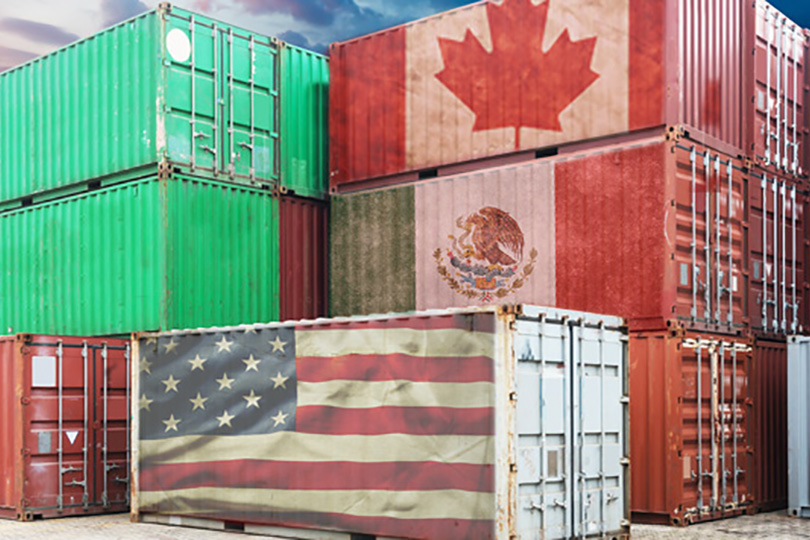Despite the hopes of American and Mexican officials, the renegotiation of the North American Free Trade Agreement (NAFTA) will likely continue through 2018.
U.S. Commerce Secretary Wilbur Ross told reporters recently he’s mindful of the calendar, but for talks to be completed by the end of the year, they’d have to occur “at record speed.”
He told The Business Times he’s not sure negotiators will be able to do that .
Mexican and American officials have said in the past they hope to finalize a renegotiated NAFTA before the Mexican general election in July 2018 and the American mid-term elections next year.
The Trump Administration notified Congress on May 18 of their intent to renegotiate the decades-old trade deal. The notice started a 90-day period during which the U.S. Trade Representative (USTR) began accepting comments on the direction NAFTA renegotiations should take.
The American Farm Bureau Federation (AFBF) was among those who submitted comments on the talks .
Dave Salmonsen, senior director of Congressional Relations at AFBF, said agriculture needs the renegotiation to protect current market gains and create new ones.
Before NAFTA went into effect in 1994, U.S. agriculture exported $8.9 billion to Canada and Mexico. After NAFTA went into effect, exports increased to more than $38 billion in 2016.
“So it really shows that getting rid of these barriers, which NAFTA has done, has had an amazing impact on improving ag trade,” Salmonsen said.
The renegotiation effort, according to Salmonsen, could also improve dairy trade with Canada.
NAFTA was originally crafted in 1991. The trade agreement provided for the elimination of most tariffs, or taxes, paid on products traded between the three countries included in NAFTA: the U.S., Mexico and Canada.
In the time since NAFTA was crafted, much has changed, especially technology.
USTR Robert Lighthizer recently said his aim is that NAFTA be modernized to include new provisions to address “intellectual property rights, regulatory practices, state-owned enterprises, services, customs procedures, sanitary and phytosanitary measures, labor, environment and small and medium enterprises.”
In the meantime, Texas Farm Bureau looks forward to working with the administration and key congressional leaders to maximize trade potential for farmers and ranchers.
“Texas Farm Bureau welcomes any NAFTA modernizations or improvements to expand agricultural export opportunities. However, we need to protect the provisions of the trade deal that have proven successful over the past three decades,” Laramie Adams, TFB national legislative director, said.
NAFTA renegotiation could begin as early as Aug. 16 .
The administration’s goals for the talks will be published 30 days prior.

